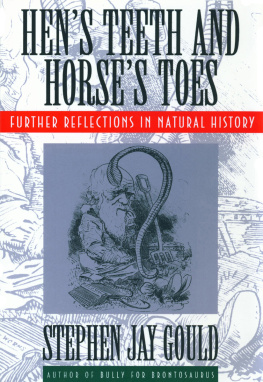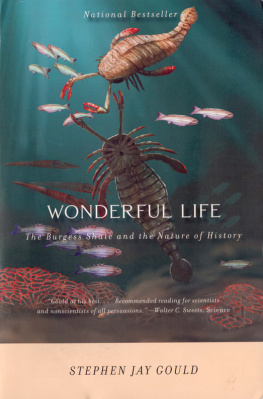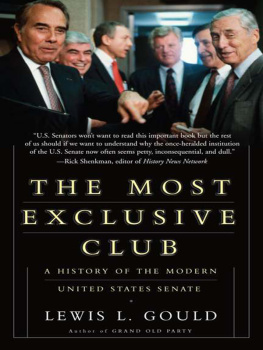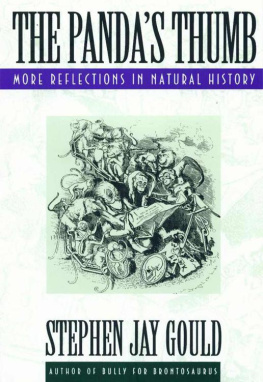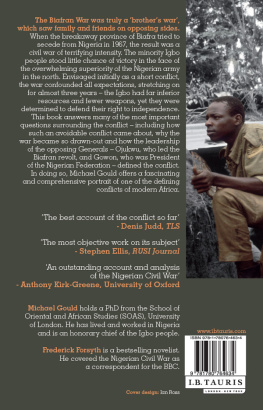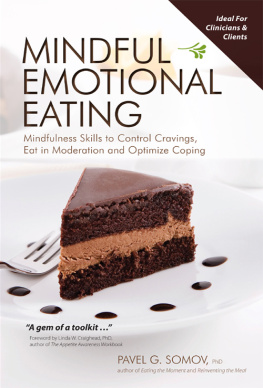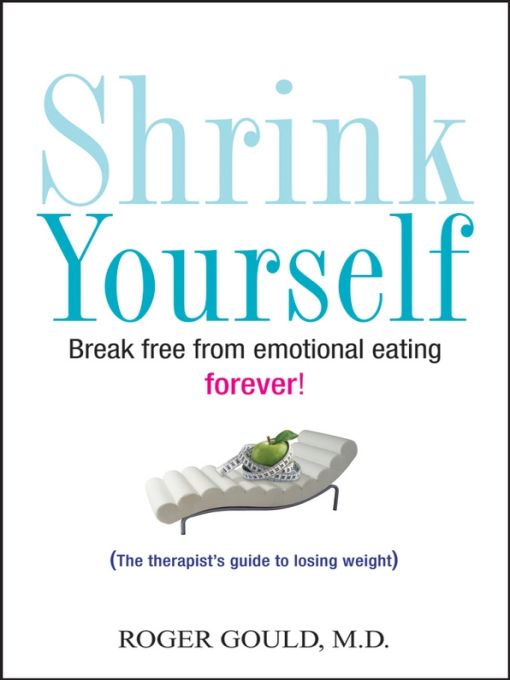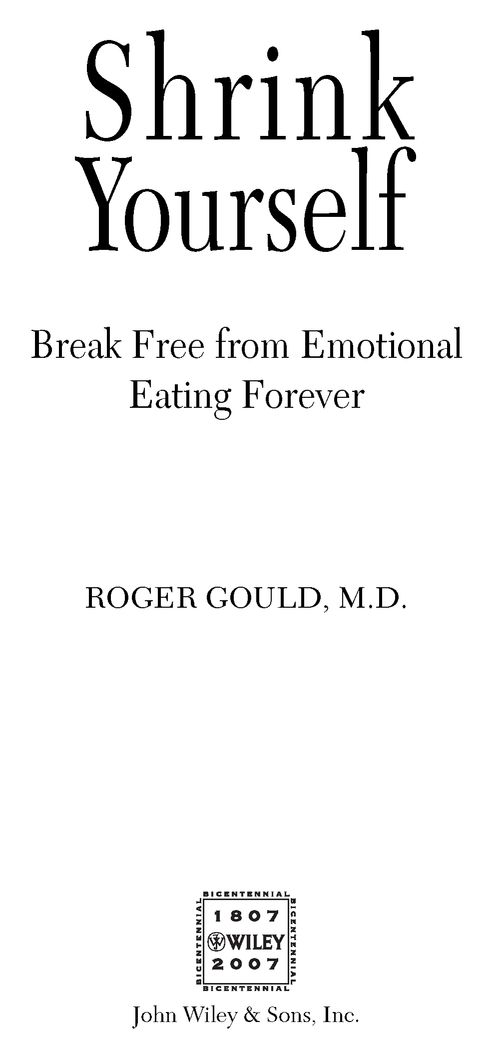Table of Contents
To my wife, Bonnie, who knows how to love, and to be loved
Acknowledgments
This book is derived from the MasteringFood.com program, so I want to thank my staff, who worked with me over several years to write and think through the complex logic of that program. They are Michael Vogt, Dan Marshall, and Peter Verukailen.
I want to give special thanks and acknowledgment to Hiyaguha Rachelle Cohen, who has been my constant editor on this and related projects for the last three years. She has been an invaluable second pair of eyes who helped transform the material from the online MasteringFood program into a book rich and complete with real-life stories. Her faithful renditions of my case examples and the principles of this book and her artful suggestions about making complex concepts concrete and accessible are the products of her own professional experiences as psychologist and author. This book could not have happened without her.
I want to thank my editor, Tom Miller, who immediately knew the importance of what we are hoping to do and made the key suggestion as to how this book would be best organized.
I want to thank Michelle Fiordaliso, who joined my staff late, but was here to make the final draft final, and made many important contributions along the way.
And, of course, my agent Sandra Dijkstra, for making sure these ideas became a book.
Introduction
Twenty years ago, I started working with psychotherapy outpatients who also had eating issues. When these patients told me that they had trouble controlling their weight because they ate too much, I would ask, Why do you eat too much once youve decided not to? You can imagine the answers I got as I pursued the question over the years. The answers ran the gamut of everything that has been reported in every self-help diet book, in every online diary, in every confessional written by the morbidly obese, the bulimic, or your average everyday overeater. I eat because Im ravenously hungry. I eat because Im bored, or lonely, or married, or single. I eat because I pass a donut shop, or I had too much to drink, or I was at a party. I eat because my mother cooked and I didnt want to disappoint her, or because I want to eat as much as my husband can, or I dont want to deprive myself, or Im depressed. For years, my exploration of this question led nowhere. My patients would talk about the problem, we would understand some of the illogic behind the pattern and some of the historical connections with early family experiences, but all the explorations remained superficial. I kept on hitting brick walls. My patients went around and around in circles, telling me things like I ate because I was angry at Joe, vowed not to do that again, but felt so guilty about eating that I just said the hell with the diet, and went on to eat as much as I wanted. I guess Im powerless when it comes to food, just too weak to do this right.
Eventually it sank in. Im powerless was the key. I was exploring the wrong question. Its not Why do you eat?Its Why are you powerless?Why, after you made a commitment to yourself to take charge of your eating, did the urge to eat become so powerful that it, or that part of you, overruled your conscious intent? There was not only an urge to eat, there was a conflict occurring between two parts of your mind fighting over who was going to control that moment when your hand moved toward the chocolate cake.
Once I had that realization, I was in familiar territory, and my understanding of the answer to the new question Why are you powerless? quickly grew. I saw the issues of overeating as closely aligned with those I had observed in my work developing programs for alcoholism and addiction. The alcoholic and the addict both felt they were powerless when it came to alcohol and drugs, but it was very clear that the real powerlessness was about some aspect of their life. When things went wrong, they turned to these dangerous and illegal substances, while people who struggled with their weight had found a legal, readily available tranquilizer to serve the same purpose.
I also realized that overeating issues had some relevance to the stages of life we normally go through in maturing. My book about the stages of life, Transformations: Growth and Change in Adult Life, was organized around one aspect of powerlessness: the question of safety. In Shrink Yourself, I focus on the maturation of your conscience, because its your overly critical conscience that creates the illusion of being powerless when youre not really powerless. My training as a psychoanalyst immersed me in the complexities of this internal drama between you and your critical conscience, and that has become the main underlying theme of this book about taking charge of your weight and your life.
For decades, starting when I was the head of Outpatient and Community Psychiatry at U.C.L.A, Ive been developing computer-assisted psychotherapy programs to make therapy more affordable. About five years ago I put it all together to create an online step-by-step program that guides people through all the ways they unnecessarily conclude that theyre helpless or powerless over their uncontrollable urge to eat. Several thousand people used my online program MasteringFood, which was the predecessor to the Shrink Yourself Hunger Coach (www.shrinkyourself.com). Im writing this book to share what Ive learned, and what has already worked for thousands of people.
All people, when it comes to controlling their weight, are looking for a simple or even magical solution.You dont need to go far to see that. Everywhere you look, someone is advertising a new diet, a new pill, a new exercise plan, or a new surgical solution. I wish I could offer you a simple way to remedy something youve struggled with for so long, but I cant. Instead, what I can offer you is something born out of years of experience. Ive come to believe that the issue of powerlessness is the key to controlling your weight. Its the missing link. Its the reason your attempts to lose weight have failed or why your successes have only been temporary. What Im offering isnt a simple solution but rather an interesting and proven process that will have you recover your power not only over food, but over many aspects of your life.
Why Do You Eat?
Food starts off as being not just a source of life but an expression of love. At the heart of almost every culture, hospitality is shown by feeding people. And a celebration or a time of grief wouldnt be complete without food.
Using food for reasons other than simple sustenance is a normal part of life. It becomes a problem when food becomes so closely linked with feelings that the two overlap and become one. The foundation for this starts in childhood. When I was good, I got a cookie; When I fell down, I was offered food; On summer nights, we went to the lake to get ice cream; Sitting at the kitchen table eating bologna sandwiches and chips was the only time I had with my mother; When I misbehaved, dessert was withheld. Food was transformed from a simple source of nutrition to a reward, a diversion, a punishment, a love object, a friend. Once that happened, food became a way to control your emotionsto deal with your feelings of powerlessness. When youve installed food as a preferred way to cope, you stop developing new ways to deal with stress, your weight becomes increasingly difficult to control, and ultimately you end up reinforcing your feelings of powerlessness.


